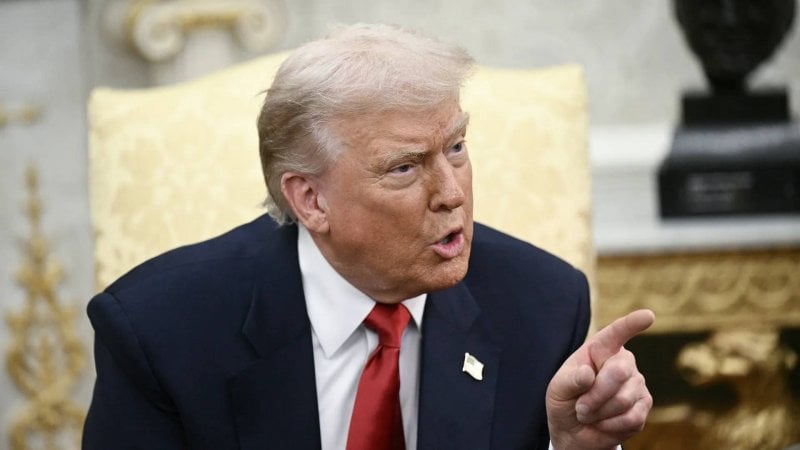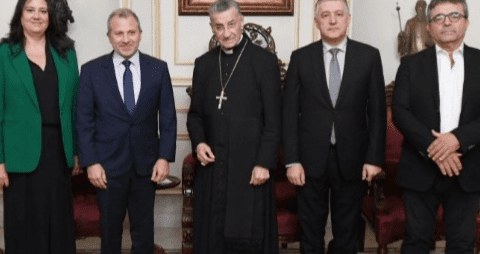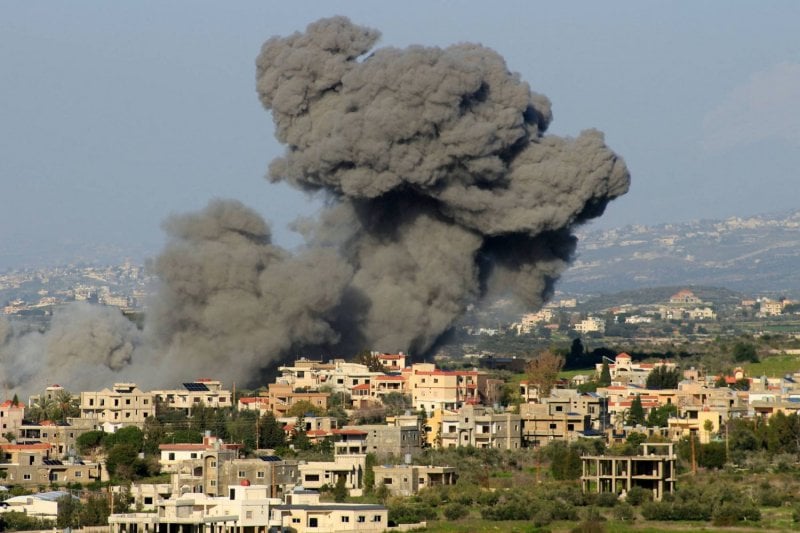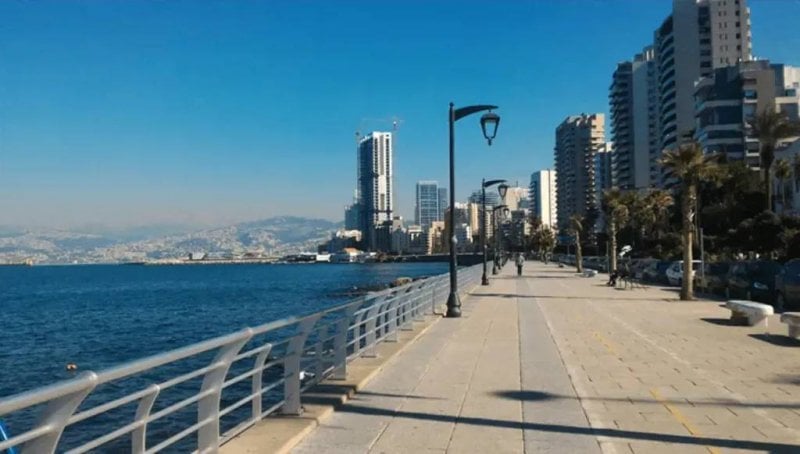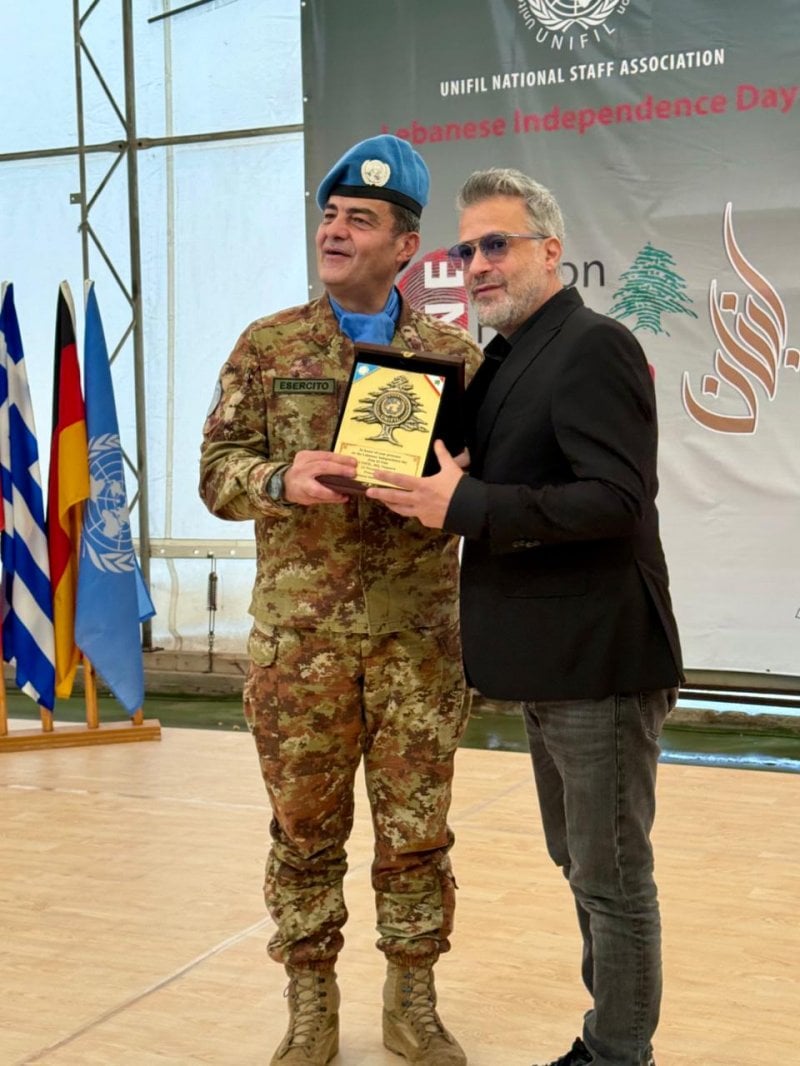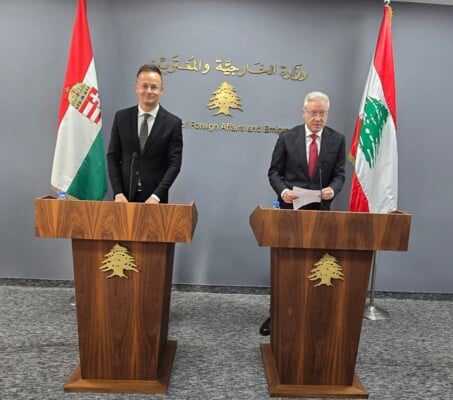
After meeting with Hungarian Foreign Minister Péter Szijjártó, Bou Habib expressed his hope that Budapest, in cooperation with the international community, would contribute to exerting pressure on Israel to stop its ongoing attacks on Lebanon, withdraw from the occupied territories, and release the prisoners. He also stressed the importance of the role that Hungary can play within the European Union in helping to address the issue of Syrian displaced persons and persuading member states to provide the necessary assistance to secure their return to their homeland.
For his part, Minister Szijjártó affirmed Hungary’s continued support for Lebanon, considering that its stability is a fundamental element for achieving peace in the Middle East. He pledged to provide assistance in finding a solution to the issue of Syrian displaced persons, pointing out that the reasons that were driving them to stay outside their country no longer exist under the new Syrian administration. He believed that the assistance provided to them in Lebanon should be directed towards rebuilding Syria to facilitate their rapid return, while emphasizing the need to alleviate the great burden on the Lebanese state to enable it to implement the required reforms and strengthen the national economy.
Following the meeting, the two ministers held a joint press conference, during which Bou Habib affirmed that “a historical relationship binds Lebanon and Hungary based on mutual respect and friendship,” stressing the importance of continuing to support the capabilities of the Lebanese army to enable it to carry out its tasks fully after the end of UNIFIL’s mandate, and in a way that guarantees security on all Lebanese territory. He also expressed, on behalf of Lebanon, his appreciation for Hungary’s contribution to UNIFIL forces, condemning the recent Israeli attack that targeted them.
Bou Habib praised the Hungarian cultural initiatives in Lebanon, most notably the project to restore 64 ancient churches, which reflects the shared values and strong friendship between the two countries. He also welcomed the signing of the memorandum of understanding between the Hungarian Diplomatic Academy and the Diplomatic Academy at the Holy Spirit University of Kaslik, in order to strengthen educational ties between the two sides.
For his part, Minister Szijjártó affirmed his country’s commitment to supporting Christian communities in Lebanon and helping to consolidate peace in the region, stressing the importance of restoring their peoples’ right to live safely away from attacks and conflicts.
Szijjártó announced that Hungary, after funding the rehabilitation of 63 Christian churches in Lebanon, will allocate this year 200 million forints, “which is equivalent to about half a million euros,” to develop education in Catholic schools, support treatment and service to Christian families in Beirut, and fund humanitarian programs in the Bekaa region. He also revealed that his country will contribute through the European Union to financing the rearmament of the Lebanese army with “1.5 million euros,” stressing that strengthening the capabilities of the Lebanese armed forces is the only way to support the stability of the state, move forward with the government’s plan to disarm Hezbollah, and maintain a ceasefire with Israel for as long as possible to avoid any escalation or outbreak of new wars.
In conclusion, Szijjártó called on the European Union and the United Nations not to encourage newcomers from Syria to stay in Lebanon, but rather to support their return to their country, saying: “We understand that the international community was very happy about President Assad’s departure from Syria, and we understand that it sees the country moving on a good path, but if that is the case, then the reason that drove Syrians to come to Lebanon no longer exists.”



